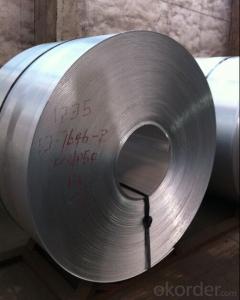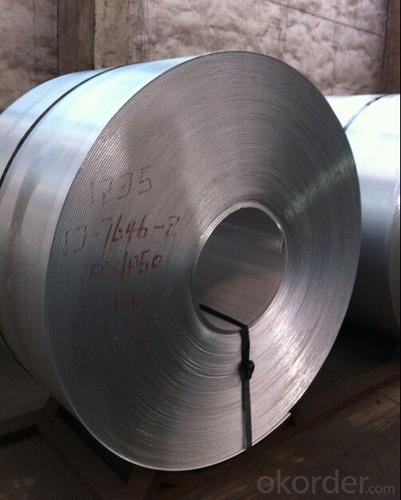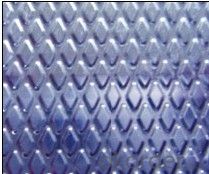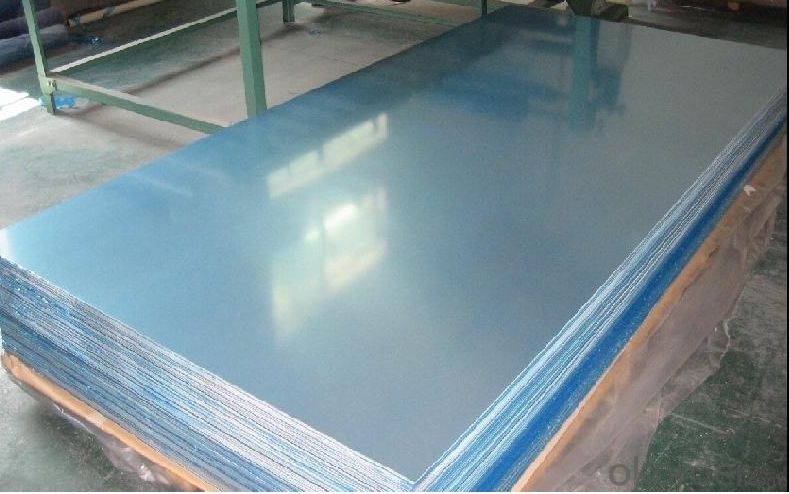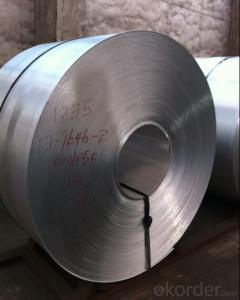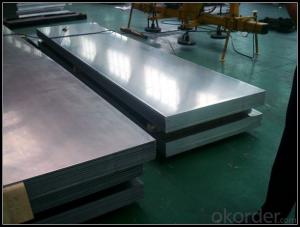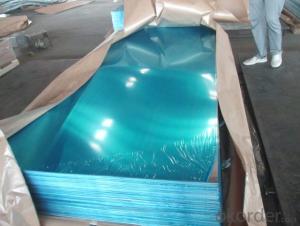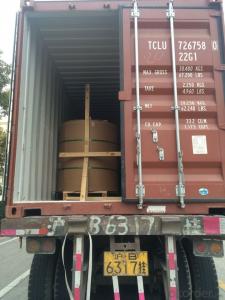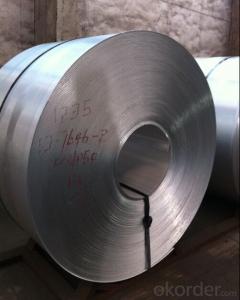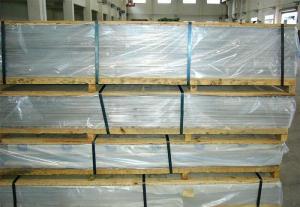Aluminum Roofing Sheets Price in Kerala - Aluminium Sheet with Best Discount Price in Warehouse
- Loading Port:
- Qingdao
- Payment Terms:
- TT OR LC
- Min Order Qty:
- 2 m.t
- Supply Capability:
- 200 m.t/month
OKorder Service Pledge
OKorder Financial Service
You Might Also Like
Specification
1.Structure of Product Description
aluminum checkered sheet and aluminum mirror finish plate and aluminnum casting rolls are all widely used in the field of construction field and decoration field, etc.
There are many different grades, such as: 7000 series, 8series, 3000 series, etc. The detailed grade are as follows: 1060,1100, 2024, 3003, 3005, 3105, etc. The temper is include H14,H44,F,O,H114,etc.
2. Main features of the product
a. Better price
b. Shortest service.
3. Image.
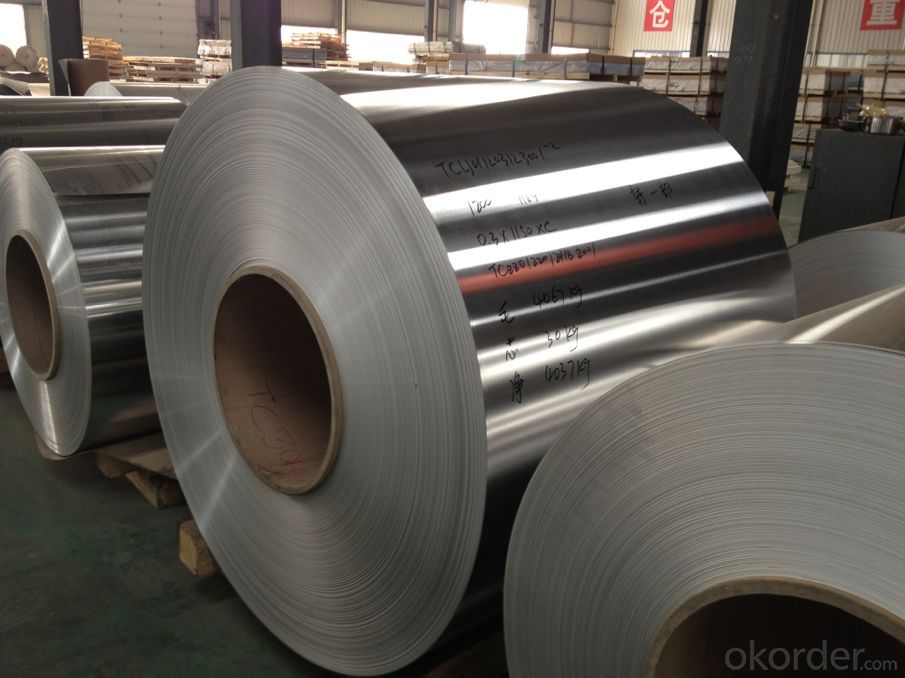
4. Product detailed sizes:
1000mm*2000mm,1250mm*2500mm,at random sizes,etc.
5. FAQ:
What is the quality standard?
---Usually our standard is GB3880-2006 or others.
What is the width range?
---It is from 400mm to 6000mm, etc.
What is the MOQ for your products yet?
---Normally it is around 14 tons/each size.
How many tons did you export in one year
USA, England, UAE, Vietnam, Canada, etc.
What is your mainly products?
---Normally they are aluminum sheet,mirror finish aluminium sheet,checkered aluminum sheet, and small-5-bar and big-5-bar aluminum checkered sheet, also the best-selling cold rolled aluminum casting coil, etc.
- Q: Are there any health risks associated with using aluminum sheets?
- There is ongoing debate and research regarding the potential health risks associated with using aluminum sheets. While aluminum is a common material used in various industries and products, it is important to consider certain factors. Exposure to high levels of aluminum, such as through inhalation or ingestion, has been linked to health issues. Studies suggest that aluminum exposure may be associated with neurological disorders, such as Alzheimer's disease or Parkinson's disease, as well as respiratory problems and bone disorders. However, it is important to note that these studies have not yet established a definitive causal relationship between aluminum and these health conditions. The primary concern with aluminum is its potential to leach into food or beverages when it comes into contact with acidic or salty substances. This leaching can occur during food preparation or storage, especially if using aluminum cookware or foil. Consuming high levels of aluminum through food or drink may pose health risks, particularly for individuals with kidney disease or those who have a higher susceptibility to aluminum toxicity. To mitigate potential health risks, it is recommended to avoid using aluminum cookware or foil when cooking or storing acidic or salty foods. Instead, consider using alternatives such as stainless steel, glass, or silicone. In conclusion, while there are concerns about the potential health risks associated with using aluminum sheets, more research is needed to establish a clear cause-and-effect relationship. It is prudent to minimize exposure to aluminum, especially through food and beverages, by adopting preventive measures and using alternative materials when appropriate. Consulting with health professionals and staying updated on the latest research can help individuals make informed decisions about using aluminum sheets and other aluminum products.
- Q: What precautions should be taken to ensure safety while installing aluminum sheets?
- <p>When installing aluminum sheets, safety measures include wearing appropriate personal protective equipment (PPE) such as gloves, safety glasses, and hard hats. Ensure the work area is clear of debris and any tripping hazards. Use ladders and scaffolding that are in good condition and set up correctly. Always have a spotter when lifting heavy sheets and use proper lifting techniques to avoid back injuries. Keep hands and feet away from edges and corners to prevent cuts. Ensure all tools are in good working order and use them correctly. Follow all manufacturer's guidelines for installation and adhere to local safety regulations.</p>
- Q: I need to find 3 elements for my science hw tonight. I was wondering if aluminum foil is a pure element. And also I was wondering if anyone had any ideas of what is a pure element (not a compound or an alloy). Thanks!!!!
- I'm pretty sure that the words element and pure element are exchangeable... pure element basically just emphasizes the fact that it is pure.
- Q: What is the atomic mass of aluminum?
- Aluminum has an atomic mass of roughly 26.98 atomic mass units.
- Q: What is the typical yield strength of aluminum sheets?
- The yield strength of aluminum sheets can differ based on the grade and thickness of the sheet. On average, the yield strength of aluminum sheets falls within the range of 30 to 100 MPa (megapascals). It should be noted that this is a broad range, and specific aluminum alloys may exhibit higher or lower yield strengths. Moreover, factors like heat treatment and processing conditions can also impact the yield strength.
- Q: What is the typical creep resistance of aluminum sheets?
- The typical creep resistance of aluminum sheets is relatively low compared to other materials, such as steel. Aluminum has a lower melting point and weaker crystal structure, making it more prone to creep deformation under high temperatures and sustained loads. However, aluminum alloys can be specifically engineered to enhance creep resistance by adding alloying elements and heat treatment processes.
- Q: Are aluminum sheets resistant to UV rays?
- Yes, aluminum sheets are generally resistant to UV rays. Aluminum has a natural oxide layer that forms on its surface, which acts as a protective barrier against UV radiation. This oxide layer helps to prevent the aluminum from corroding or degrading when exposed to sunlight. However, it is important to note that prolonged exposure to intense UV radiation can still cause some degree of fading or discoloration over time. To enhance the UV resistance of aluminum sheets, they can also be coated with protective finishes or paints that provide an additional layer of defense against UV rays.
- Q: This question asks for a list of various types of aluminum profiles that are typically used in conjunction with aluminum sheets.
- <p>Aluminum profiles are extruded shapes commonly used with aluminum sheets for various applications. The different types include: 1. Angle profiles, which are used for corners and edges. 2. Channel profiles, suitable for creating channels or frames. 3. T-slot profiles, ideal for modular systems requiring adjustable components. 4. U-channel profiles, used for covering edges and creating frames. 5. H-profiles, often used in structural applications. 6. Flat bar profiles, used for simple straight edges. 7. Round and square tube profiles, used for structural support and design elements. 8. Special profiles, which are custom-made for specific applications. These profiles are chosen based on the structural needs and design requirements of the project.</p>
- Q: Can 101 aluminum sheets be used in electrical or electronic components?
- Yes, 101 aluminum sheets can be used in electrical or electronic components.
- Q: What is a composite aluminum plate?
- [] aluminum plate consists of two distinct materials (metal and nonmetal), it retains the original composition of materials (metal and non metal aluminum polyethylene plastic) the main characteristics, and overcome the shortcomings of the original materials, and obtained many excellent material properties, such as luxury, colorful decorative, weather resistance, corrosion resistance, fire prevention, moistureproof, hit, sound and heat insulation, shock resistance; light weight, easy processing, easy handling and installation characteristics. Therefore, is widely used in a variety of architectural decoration, such as ceilings, including columns, counter, furniture, telephone booths, elevator, shops, billboards, building wall materials, has become the three largest curtain wall (natural stone, glass curtain wall, metal curtain wall) on behalf of the metal wall, in developed countries, aluminum plate is also used in the bus, train, ship, aircraft manufacturing, sound insulation design of instrument box.
Send your message to us
Aluminum Roofing Sheets Price in Kerala - Aluminium Sheet with Best Discount Price in Warehouse
- Loading Port:
- Qingdao
- Payment Terms:
- TT OR LC
- Min Order Qty:
- 2 m.t
- Supply Capability:
- 200 m.t/month
OKorder Service Pledge
OKorder Financial Service
Similar products
Hot products
Hot Searches
Related keywords
